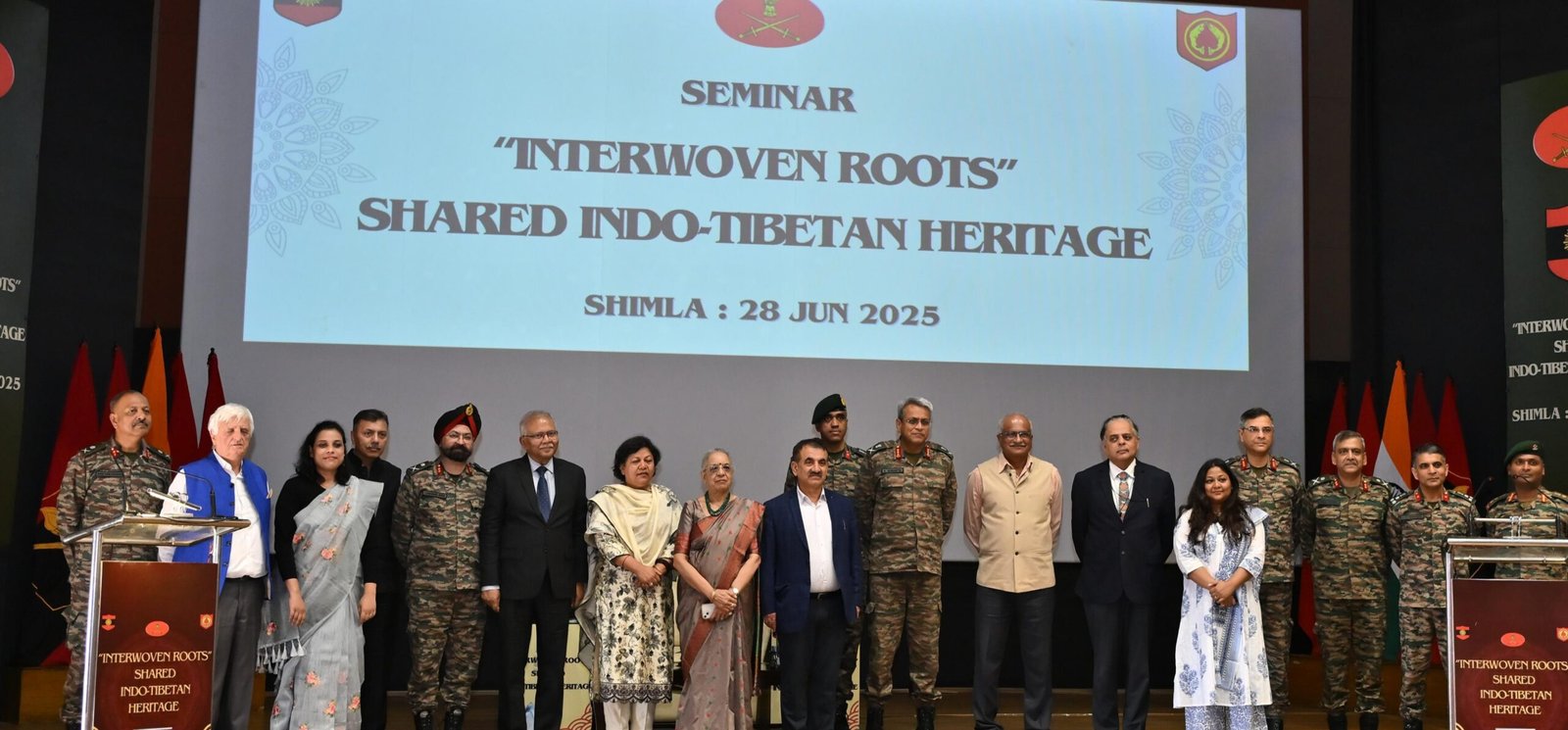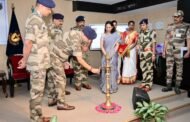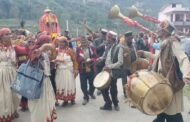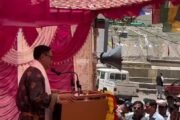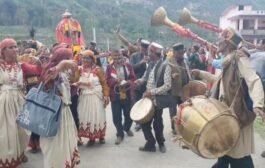Shimla, Himachal Pradesh | 28 June 2025 , News views post:
In a landmark initiative to strengthen cultural understanding within the framework of national security, the Indian Army’s Central Command organized a one-day seminar titled “Interwoven Roots: Shared Indo-Tibetan Heritage” at Danfe Hall in Shimla.
Bringing together eminent scholars, strategic thinkers, and senior military leaders, the seminar delved into the deep civilizational ties between India and Tibet and their relevance to contemporary border management and regional stability.
The event was inaugurated by Lieutenant General Anindya Sengupta, PVSM, UYSM, AVSM, YSM, GOC-in-C Central Command, who emphasized the Army’s commitment to safeguarding not just India’s territorial integrity, but also its civilizational legacy. He underlined the growing role of cultural diplomacy in shaping modern strategic thinking.
Seminar Highlights:
The seminar was structured around two thematic sessions:
🔹 Session I: Indo-Tibetan Ties – Civilizational, Spiritual & Economic Perspectives
Claude Arpi discussed the historical and cultural linkages between Northern India and Western Tibet.
Dr. Shashibala highlighted the shared Buddhist traditions and sacred heritage sites.
Dr. Aparna Negi emphasized the contemporary relevance of ancient trade routes such as Shipki La.
🔹 Session II: Border Management and Strategic Challenges
Moderated by Maj Gen G. Jayashankar (Retd), VSM, this session explored critical themes such as China’s grey-zone tactics, psychological and information warfare, and India’s evolving border security strategies.
The distinguished panel included Lt Gen Raj Shukla (Retd), Dr. Amrita Jash, Dr. Dattesh D. Parulekar, Ms. Antara Ghoshal Singh, and Ambassador Ashok K. Kantha.
Ground-Level Engagements Preceding the Seminar:
Ahead of the main event, participants undertook field visits to forward areas including Pooh, Shipki La, Nako, Sumdo, Gue, Tabo, and Kaza from June 24–27. These on-ground experiences provided firsthand insights into the socio-cultural fabric and strategic relevance of the border regions, enriching the seminar’s discussions.
Closing Remarks:
In the valedictory session, Lt Gen D.G. Mishra, AVSM, GOC, Uttar Bharat Area, stressed the need for a holistic approach that integrates cultural continuity with strategic foresight. He lauded the scholarly contributions and reaffirmed the Army’s resolve to promote such intellectual initiatives. “Protecting borders is not just about force—it’s about understanding. Cultural awareness and regional insight are essential to modern security,” he said.
This seminar forms part of the Indian Army’s larger effort to embed academic depth, regional awareness, and cultural heritage into national security discourse—reaffirming that India’s borders are defended not only with strength, but also with wisdom.

